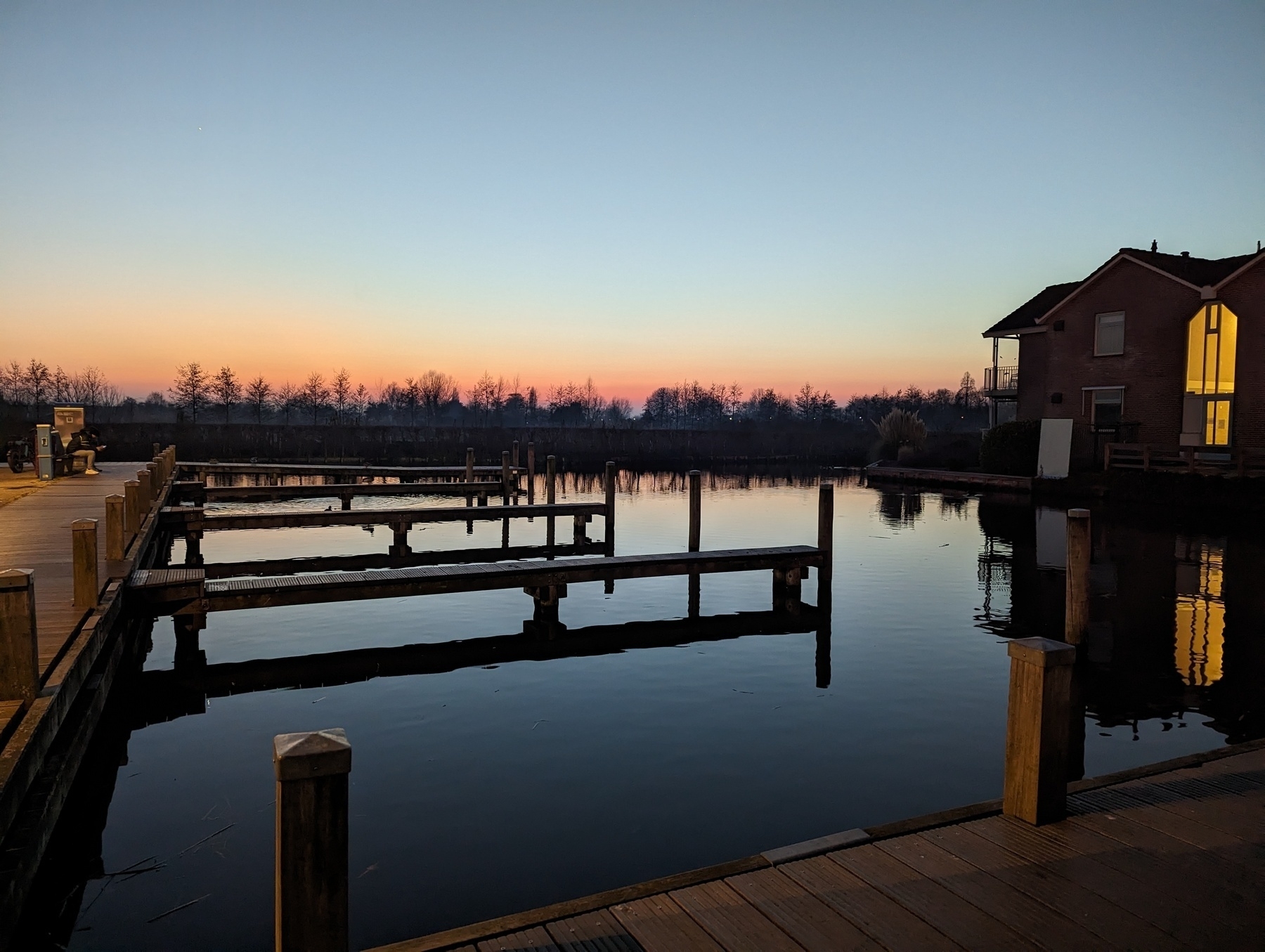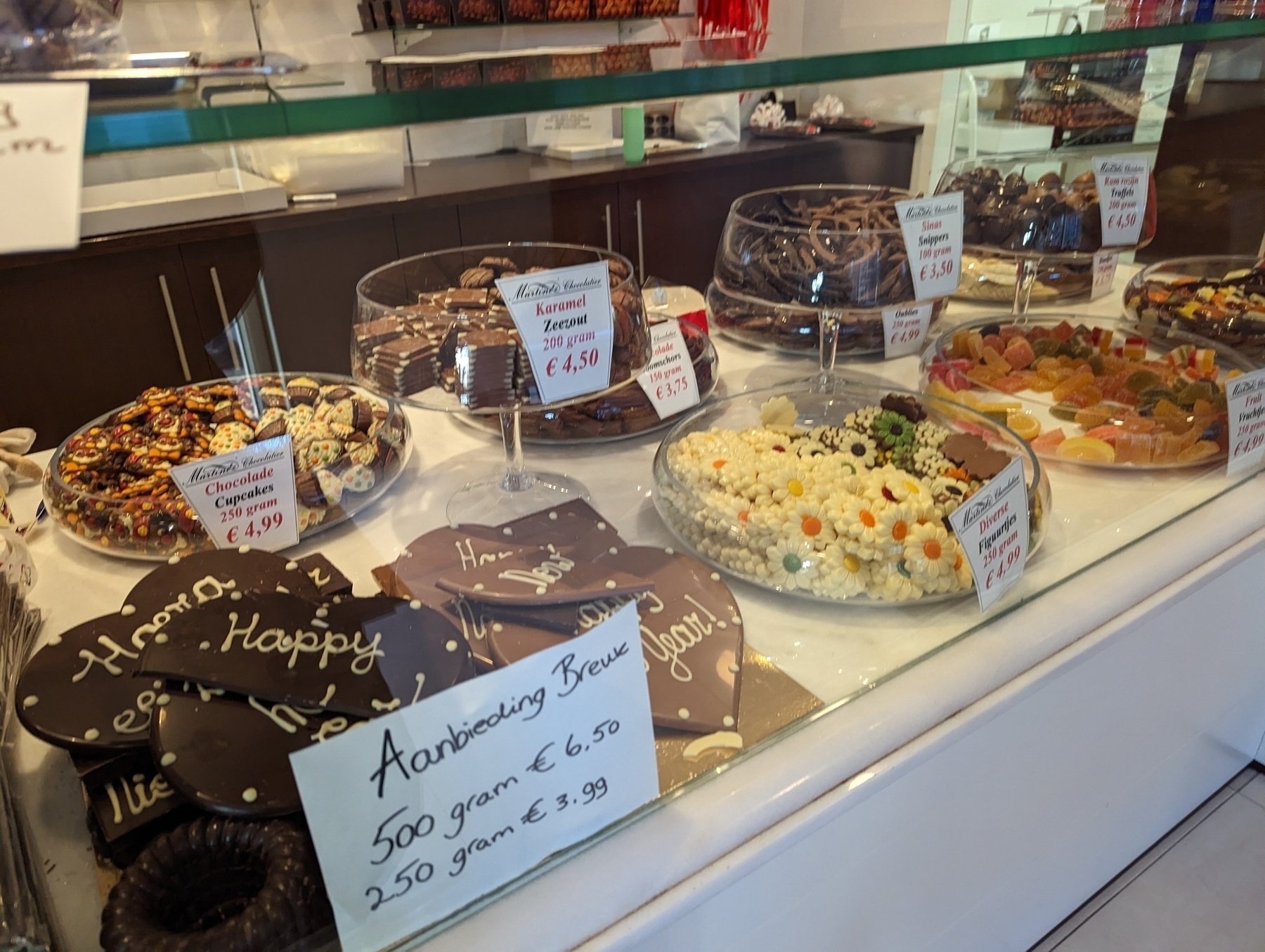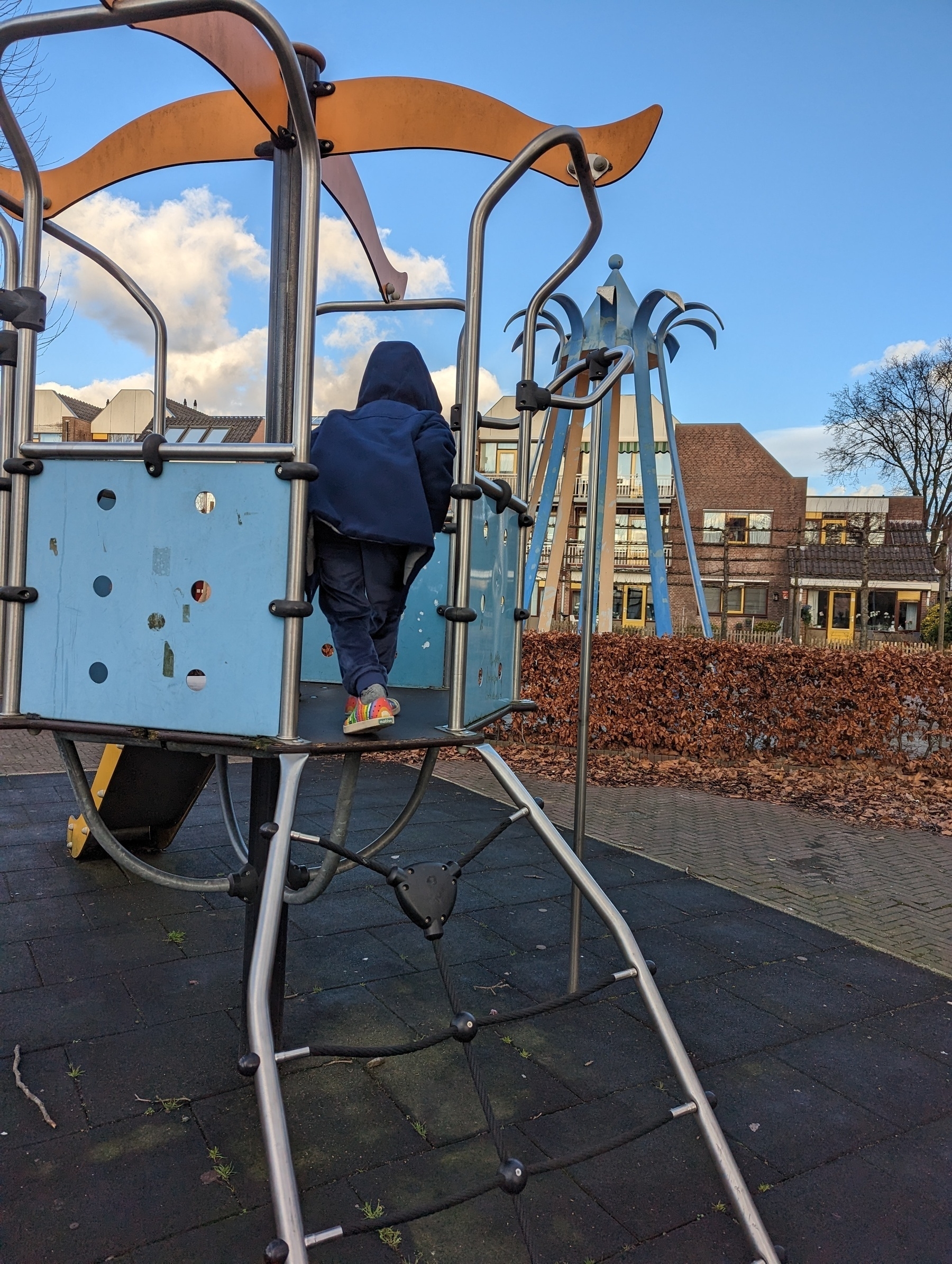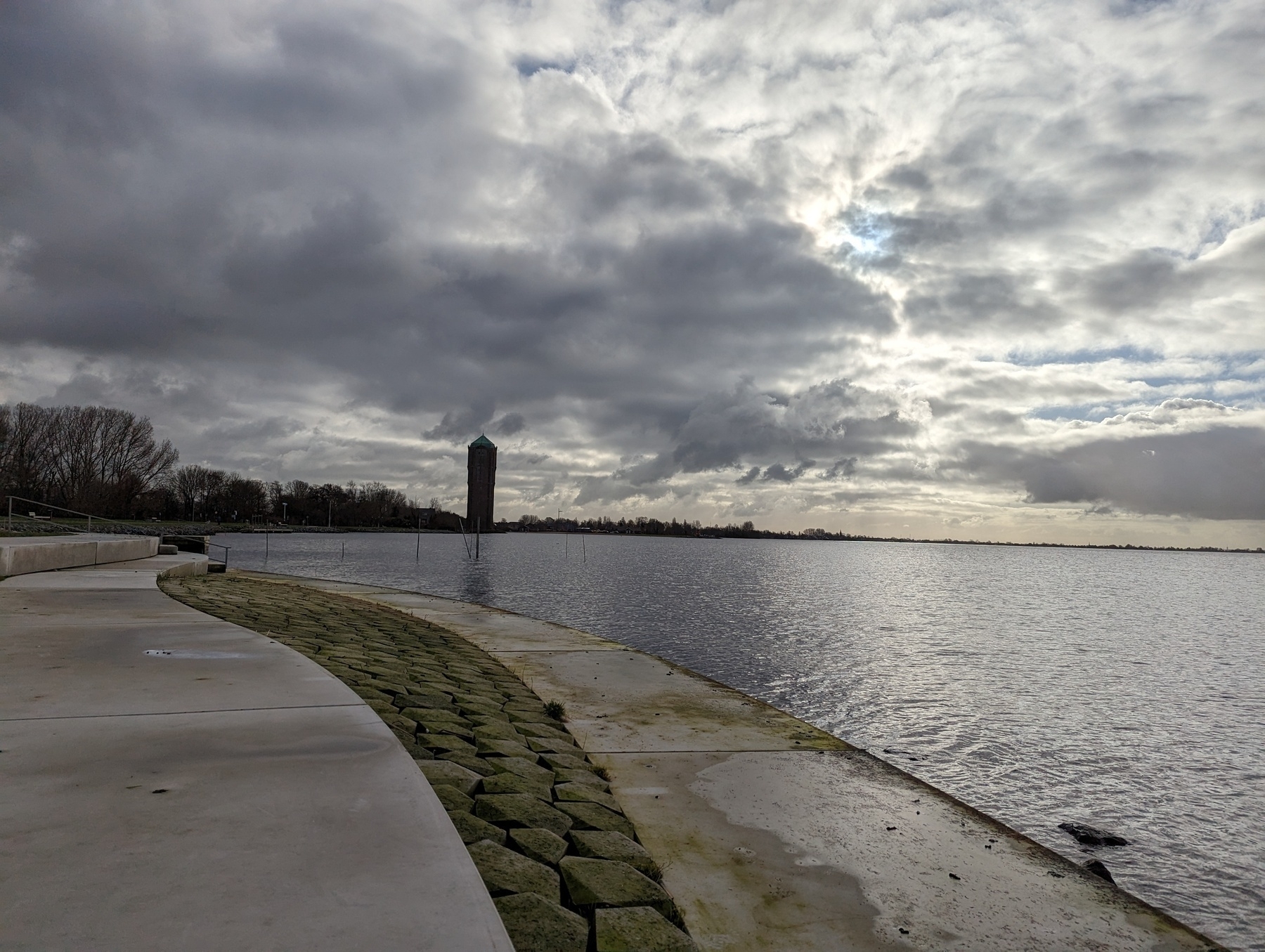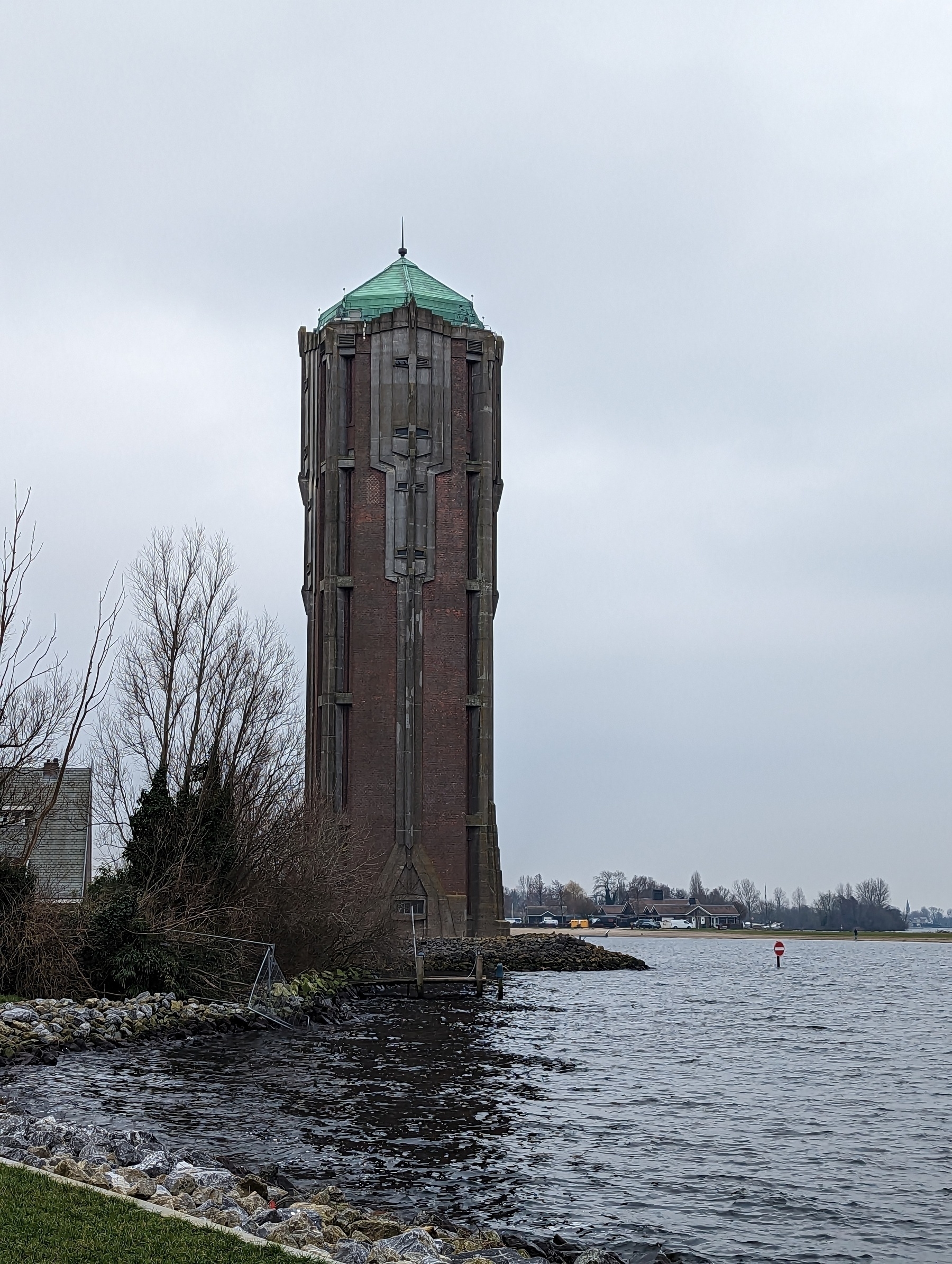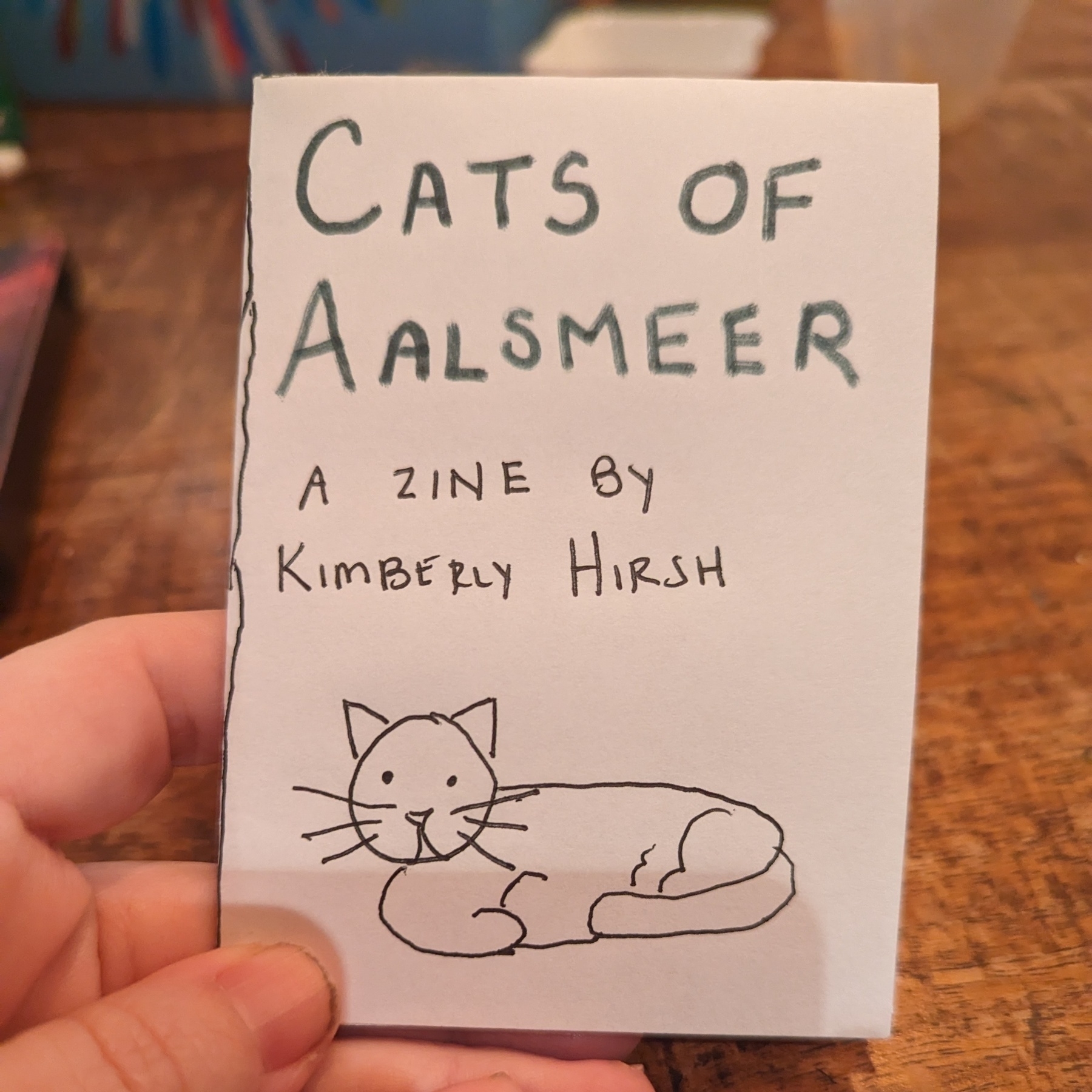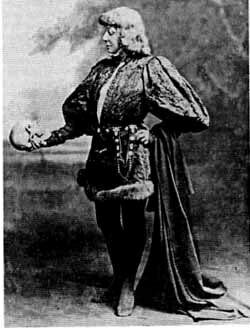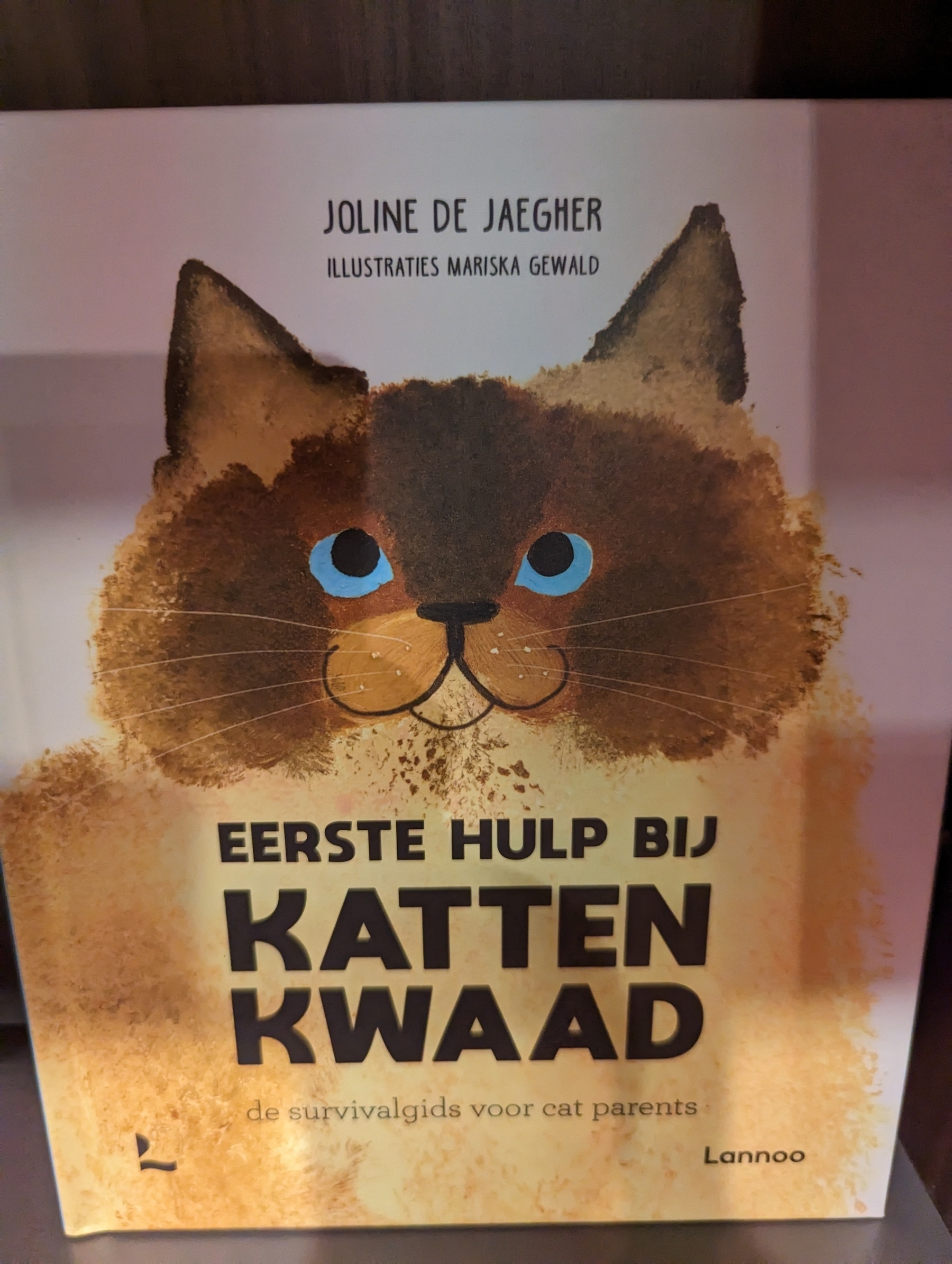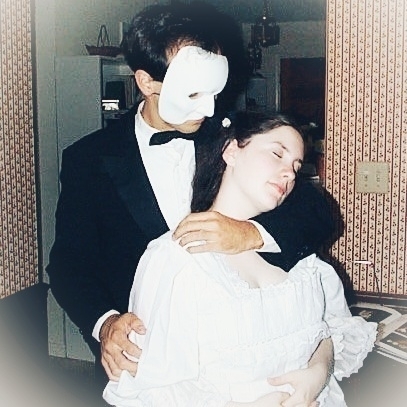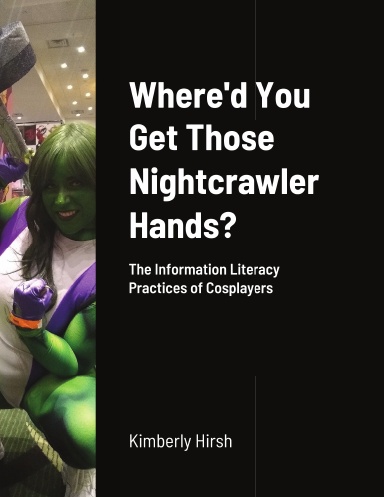Our first foray into Amsterdam besides going to the airport was heading to the International Newcomers office at the World Trade Center (right by the Amsterdam Zuid train station) for our immigration documents. We didn’t really see much of the city that day BUT!
We did decide to first go to Van Stapele Koekmakerij and pick up some of their cookies, which are so good and so famous that they have a line waiting every day and when they run out of cookies, they close. (Think Magnolia Bakery circa 2009.) We ordered ours in advance. You go to their shop which is in between Singel and Spui, ring a doorbell, and a very kind person squeezes out past the crowd waiting in the shop and through the doorway and asks for your order number. Then they bring out your order, packaged in either a cute box or beautiful tin and slipped in a lovely bag. It’s best to eat the cookies right away, as they’re filled with a cream that is best eaten warm and gooey. (Big thanks to Jonathan Stephens, who gave us this recommendation when my friend Whitney asked him for suggestions of things to do with a kid in Amsterdam.)
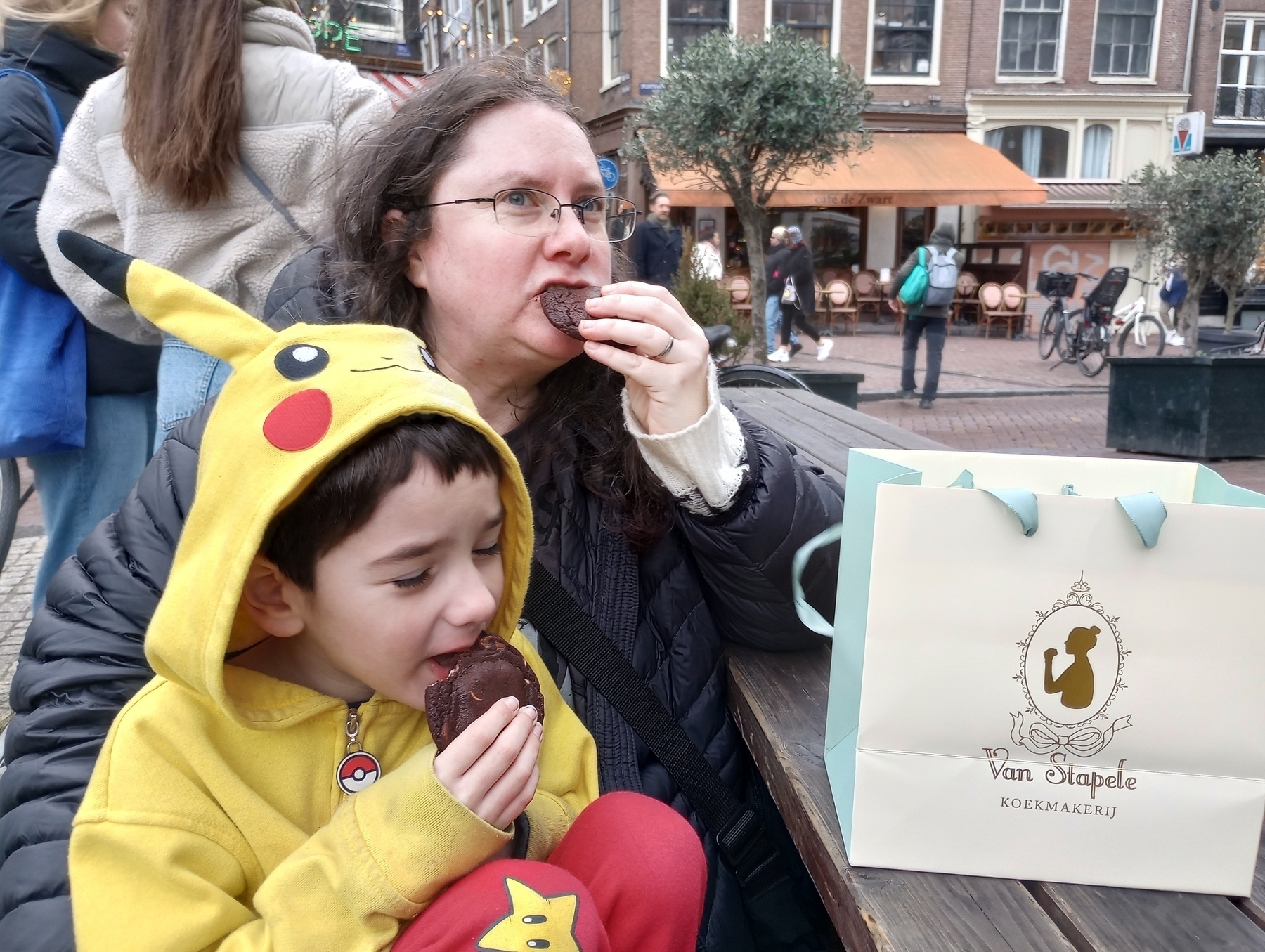
Going to Van Stapele allows you to get a lovely glimpse of the Amsterdam you think of Amsterdam as being, if you have any expectations of Amsterdam at all. You climb up the stairs from the Rokin metro station and spread before you are rows of 5 story, narrow houses all smushed together along a canal’s edge, curving toward the horizon. It’s not the most touristy part of Amsterdam, but it’s touristy-adjacent. There are plenty of “coffee shops” (like if you had to consume the marijuana you get at a dispensary before you actually leave) and the smell of Amsterdam, i.e., a scent that will give you a contact high, greets you wafting out from at least a couple of doors on every block. (It was almost weird to not smell this anymore once we left Amsterdam.)
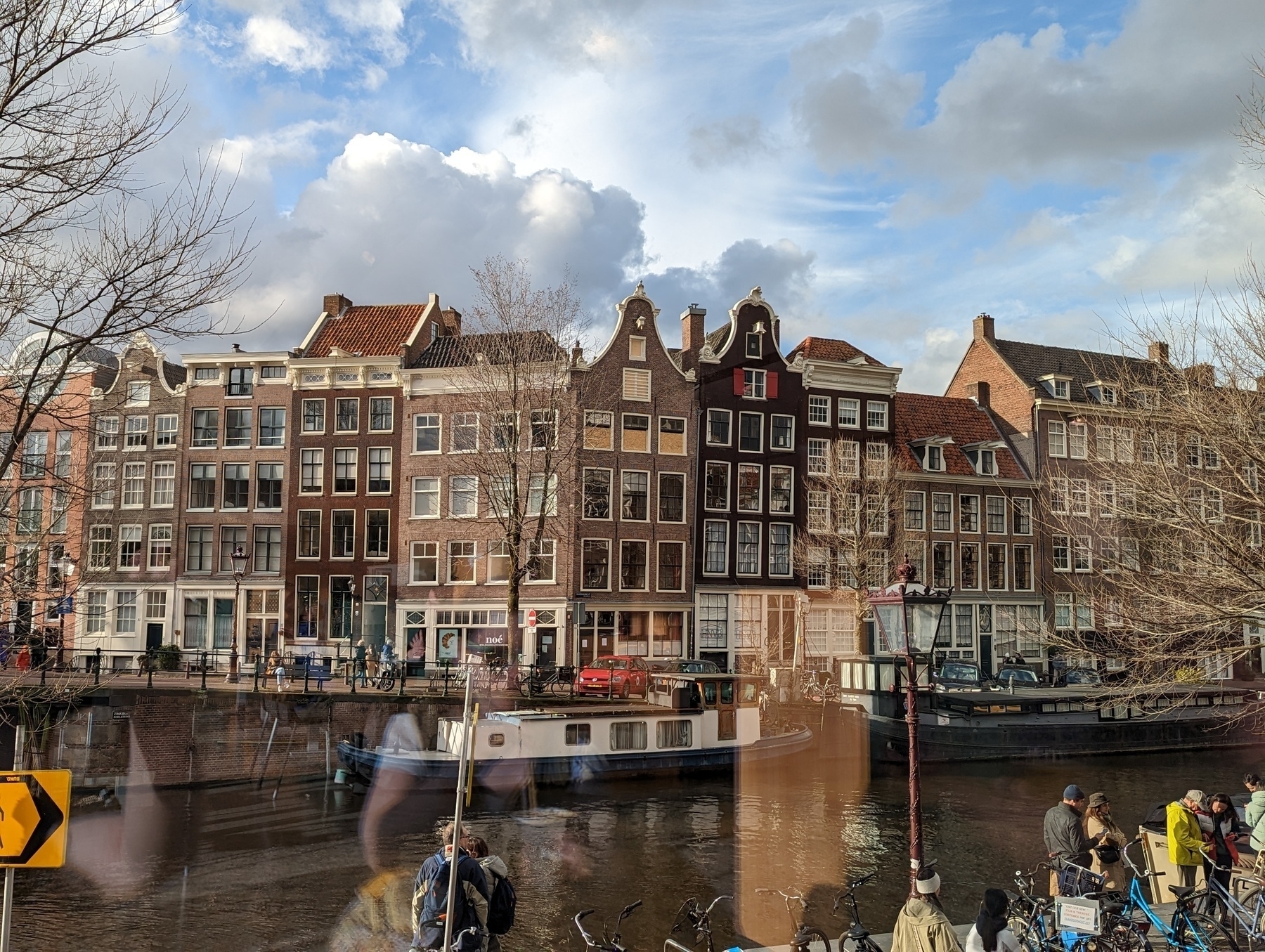
Then we did head to IN Amsterdam and that was… not the most interesting process.
Did we do all that on the same day? Now I’m not even sure. We were planning to. I think that’s what happened.
Our next time in the city was when my sister M.E. and I took M. to Nemo Science Museum, also recommended by Jonathan Stephens and every list of kids’ activities in Amsterdam ever. This was fun, with giant gorgeous rainbow twirlers hanging down from the ceiling and an incredible chain reaction demonstration that was like a giant Rube Goldberg machine. The person running this demonstration took a quick poll of the audience to determine how many English speakers were there. As there weren’t many of us, he conducted most of his demonstration in Dutch, which gave us a chance to practice the little bit of Dutch we managed to learn in the months before we traveled. M. loved this. The museum had other interesting exhibits, including a makerspace and an area dedicated to human sexuality.
There were a lot of transit strikes while we were in the area, and we could never be sure if the bus running from Aalsmeer to Amsterdam would be running at a particular time during the strikes, so on those days we tended to just stick to places that were walkable from the house.
Next time: a Valentine’s Day date in Amsterdam!
